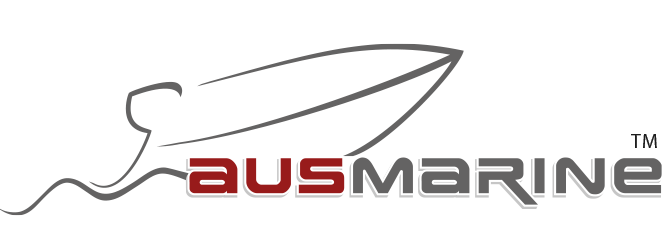TRAILER MAINTENANCE
Hubs And Bearings
When it comes time to repair or replace your wheel bearings you can either, do it yourself or have it done by a mechanic.
Bearings should be checked every 6 months.
To check your bearings - raise your wheel and tyre clear of the ground and place a jack stand underneath the trailer frame. Then spin the wheel and listen for a grinding sound or roughness from the bearing, if either occurs this can indicate that you may have a bearing problem. The bearing should spin smoothly and there should be no noise.
Check for side play by pushing on one side of the wheel while pulling on the other in a back and forth motion. There should be no noticeable side play.
Once every 12 months the bearings should be removed and inspected and then either replaced or repacked with new grease and reassembled. A high speed waterproof marine wheel bearing grease should always be used. Before every trip the bearing caps or bearing buddies should be checked to make sure that they are seated correctly.
We also recommend carrying an extra set of wheel bearings and grease when towing.
Trailer Brakes
All trailer brakes should be serviced once every 12 months while also be checked for correct adjustment and brake pad wear.
Rollers
All rollers should be checked to make sure they turn freely and are not worn to the stage where they could cause damage to the boat. Lubricated where necessary.
Fasteners
All fasteners should be checked after 100km when buying new and also anytime the trailer has been adjusted. It is the owner’s responsibility to ensure that all fasteners are correctly tensioned at all times.
Wheel Nuts
Wheel nuts should be checked after the first 100km with a new trailer and also after each time the wheel has been removed.
Wheel nuts should be tensioned to approximately the following torque specs
12 INCH WHEEL 50‐75 ft‐lbs
13 INCH WHEEL 50‐75 ft‐lbs
14 INCH WHEEL 90‐120 ft‐lbs
15 INCH WHEEL 90‐120 ft‐lbs
Tyres
Ensure that your tyres are in good condition before each trip. The sidewalls and treads should be free from splits, nails and the like. The tread depth should be checked to determine if the tread depth is within legal specs across the entire tread.
A tyre cannot have less than 1.6mm tread depth across the entire face of the tread.
Check your tyre inflation when the tyres are cold for accurate pressure readings. Check the tyre side wall for tyre inflation specs. Improper tyre inflation can cause excessive tread wear and blowouts.
Check your tyre inflation and condition each time before towing. If tyres become excessively worn or damaged they should be replaced before towing.
Trailer Lights
It is recommended even with modern submersible LED light systems, to check all lights every time before towing.
Winch/Jockey Wheel
The winch and strap should be checked periodically to make sure they are in good working order. The strap should be checked to make sure there are no cuts or marks that could damage the webbing strap. The winch should be regularly lubricated.
The jockey wheel should be checked regularly to make sure that the wheel turns freely and that the pivot is lubricated and turns with no interference.
Safety Chains
Make sure your safety chains are securely attached to the towing vehicle. If you find your chains are too long, you can prevent the chains from dragging on the ground by twisting the chain to shorten the length, but make sure to leave sufficient length for turning.
Trailer Wash Down
Your boat trailer should be washed down with freshwater after every use. The trailer should be washed inside and out and left to dry outside before storing inside - if applicable .

